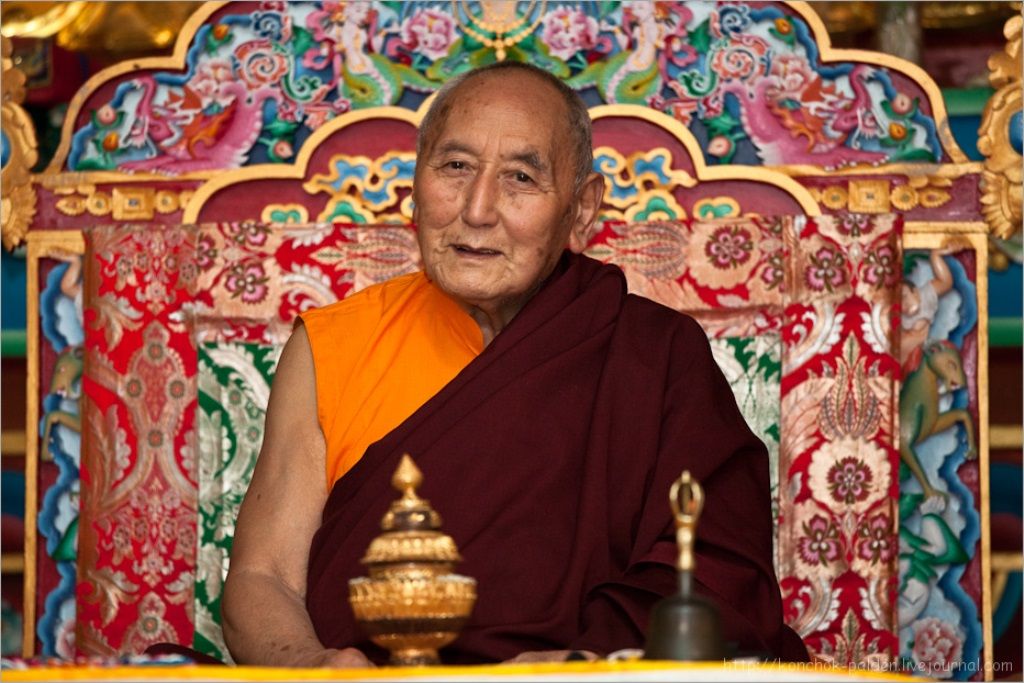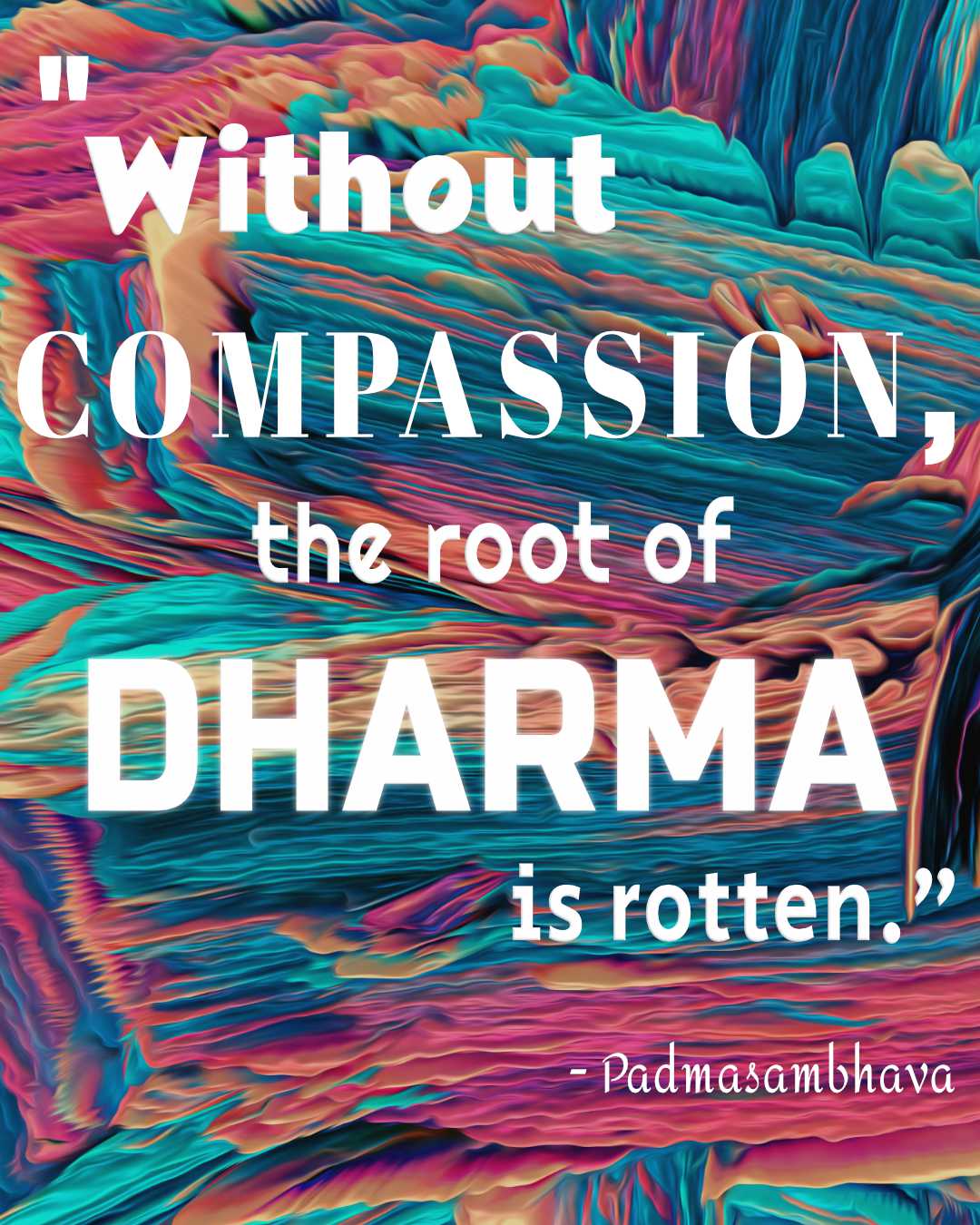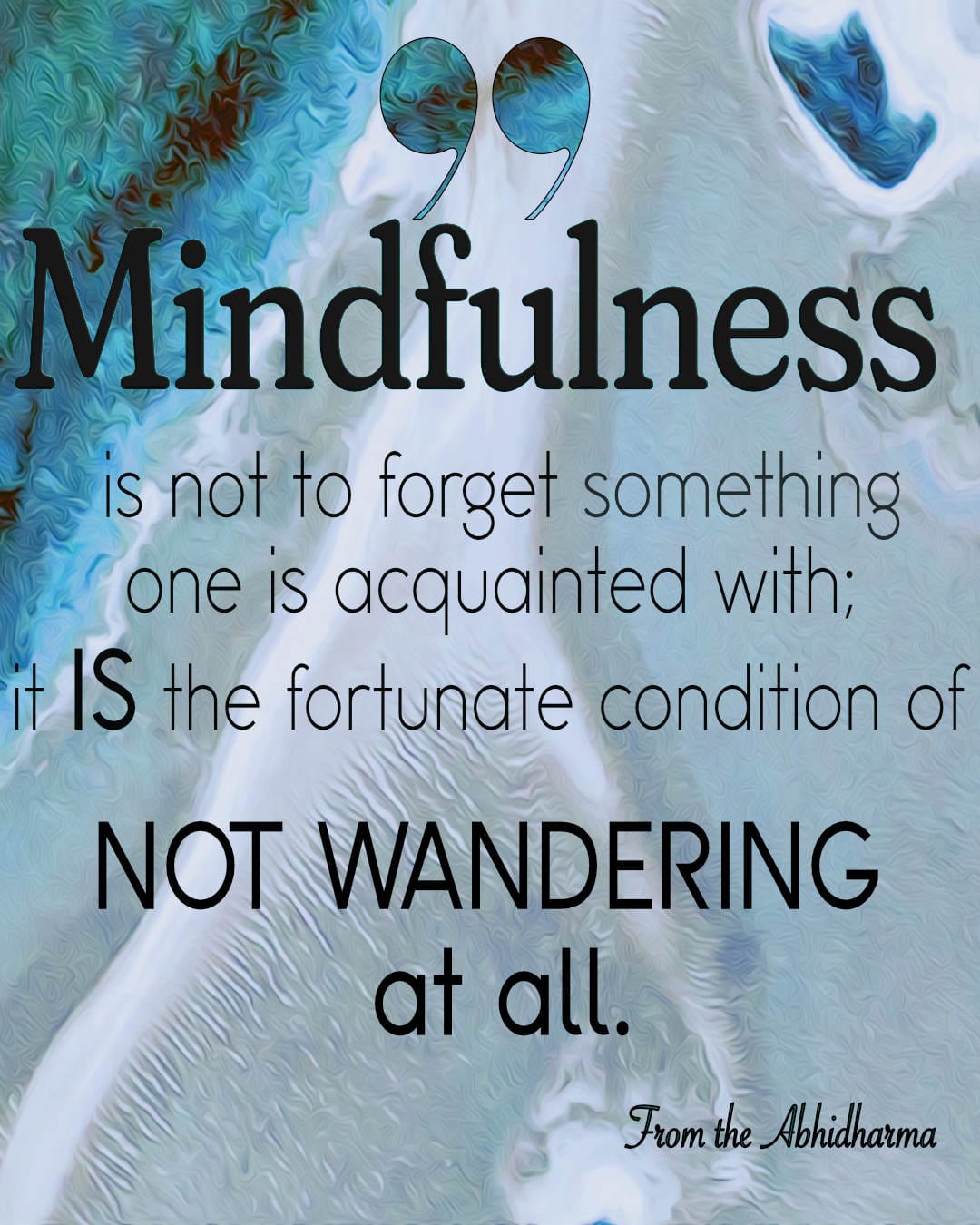This is transcript part 1, of a 2-part conversation, I had with a dear friend of mine, Jason Letts. We spoke about a broad range of topics related to meditation – and part two is published here under the name, Mediation as Free-Diving: My Personal Journey.
Jason is an accomplished author, publisher, advertiser, philanthropist, and man-who-lives-in-a-home-designed-for-Nike-executives.
what's a modest goal?
Jason: So I understand your current approach to meditation, and the kind of meditation that has inspired you – and it's certainly helpful in my mind to understand more fully that end of the spectrum: the advanced and the experts and the full-time people. I guess I'm trying to think about who might be listening to this or who might benefit from these kinds a conversations...Obviously, advanced, expert investment is something that most people aren't gonna be able to achieve. Realistically, just not everybody's gonna get there – I don't think... So what can people get out of meditation practice – or what's the goal for them? What's a more modest goal? Or what's the best way to start? ...I don't know...what do you think is useful?
Terran: Well, part of what we corresponded about a little bit, was that I think it's fair also to say that most people aren't gonna wind up competing in a Wimbledon, or making it into the US Open draw, or something like that. Yet there are a lot of tennis fans who love the game, and are truly into understanding the development and depth of training that's possible, and they're excited about that level of play. It's not just those few Grand Slam competitors who are into it at that level.
I think that can parallel in sport can serve as a reasonable comparison: the degree to which people in our culture invest themselves in developing skills – advanced skills – in a sports context or a business context, isn't other worldly compared to this sort of a thing... The results are very different though: I mean, in tennis you win a trophy, or you make money – but in this case, you're accessing the inherent bliss, luminosity and non-conceptuality of the mind, and determining the nature of self and reality – things of that nature. I think that the more people understand the advanced, the pro end to the spectrum, the more they'll be inspired to get to the court (or the meditation cushion) whether it's as a weekend warrior, or as a daily practitioner.

And what you have for people like that, in their own lives, is – there's a fair amount of data out there on this now, actually – where if you're practicing even 30 minutes a day, for example, you might see a really significant change in your perceived level of happiness, well being, your ability to focus, your ability to manage emotions in difficult situations. So even going out and doing something equivalent of say, 30 minutes of wall ball in the morning [to use a tennis analogy] can really change your life, and change your mind – change the quality of the way you're able to interact with everything that you face –whether it's animate or inanimate.
So I think that's really valuable – in the same way that going out and, say, playing tennis with a friend every morning, or having a tennis date pretty much every day can change your blood pressure, or help to keep your body in good shape and keep yourself happier, keep your mood buoyant, those kinds of things. I think this is more isolated on the psychological side, on the mental side, but it clearly has physiological/physical outcomes. And those are actually starting to be measured really well.
Looking back the couple of times I've had a chance to check out what's been going on scientifically, since I was in grad school, a lot of it's really focused on that every-day side: The folks who are able to invest 10 minutes, 20 minutes, half an hour or an hour a day. And that's really where the research has actually been most prolific – and I think the results are very encouraging, and honestly pretty inspiring.
Jason: I honestly think it would be kind of mind-blowing for a lot of people to just realize... like, here: imagine being able to go through a conversation, and not instantly forgetting what somebody just said – or imagine being able to get through a conversation where someone's openly trying to antagonize you and not getting ready to like, set them on fire (or harm them back in some way, explicit or implicit.) You know, you're able to hold it in. I think for a lot of people it might be...it sounds like some kind of movie plot-line or something – some kind of super-hero type thing, to be able to maintain that kind of equilibrium in the face of antagonism.

Terran: Yeah, I think the interesting part there is: it turns out that on the front of dealing with someone who's antagonistic, it's not so much a matter of holding it in, as it is a matter of seeing them from a different perspective. So generally speaking, for someone who's that antagonistic or causing that much difficulty, there is almost a fundamental certainty that they're going to be uncomfortable and they're going to be coming from an uncomfortable place. They're likely dealing with painful things on whatever level – but generally speaking, if someone's acting that way, or they're treating you that way, they're in a state of suffering. And so the most logical response is actually compassion. And compassion feels good.
So as it's classically said by folks like His Holiness the Dalai Lama, or Matthieu Ricard: the first person who benefits from compassion is the one who's feeling it. And then secondarily the recipient – who knows it's up to them, whether the antagonistic person benefits from the interaction or not – but immediately you're free. This antagonistic person no longer has control over you, they no longer have any influence on your happiness, or on your day, or ability to cause you harm on any level.

Of course, they could pull out a night stick or a gun or something like that, and physically harm you – in which case you need to take some sort evasive action or think along different lines. But generally speaking, most people are gonna be powerless at that point to take your happiness away, or to ruin your day – which is definitely... I think there's a valid perspective from which... That's almost a super-hero ability.
Liam: Yeah, yeah, just some of my thoughts on that initial question: I feel like we're in this interesting period where I can't remember the exact stat, but there was something like: we have the most obese people on earth today – but at the same time, we also have the healthiest people ever, on earth today. The extremes of the spectrum have just gotten crazy, in terms of the range from one end to the other. I think the same could probably be said for the mind: we have probably the worst, I guess, mental illness ever seen on earth today – but then at the same time, we have people like yourself, Terran, just going off and doing three years in [meditation] retreat. And then obviously, we've got the Tibetans who have been doing this for whole millennia – but the access to these teachings is going wide spread with the internet, and people who want to train the mind can have enough tools and enough empowerment to just sort of go off and do it, if they're really motivated.
So I think it's probably the same kind of thing when it comes to the mind. Yeah, we have the most distractions today, but we also have the most tools for people who actually wanna just have incredible minds. They can go and get that incredible mind.
Terran: There's never been availability or access [like this.] The way that we're able to access a teacher like [B. Alan Wallace] – generally speaking, in the past, you would never have remote access like that, or access to teachings or valid, advanced meditation instructions in that way. Alan's always telling story's about his teachers traveling all the way across Tibet, through China or Mongolia, to receive teachings.

Terran: Just wanted to interject – I don't mean to mess with your flow man, keep rolling.
Liam: Yeah, yeah, no problem. And then: Jason was talking about how people... how not everyone's gonna do what [you're doing, Terran] – not everyone's just gonna drop into a full-time three year retreat. But I do also see signs that meditation is going mainstream.
I think the UK government, a couple of years ago, was actually considering putting mindfulness in the national curriculum, for every single secondary school. That kind of discussion is just happening more and more.
I don't think in the end they did it because actually, I think a few mindfulness teachers actually said that wasn't the best thing to do right now. Which I thought was interesting. The argument, they said, was something along the lines of: they didn't want to make it a sort of – you know how kids learn languages at school, and then they just kinda get totally turned off from it – and they were kind of going along that kind of line. They didn't want to force people – or for school kids to be learning something that they didn't want to learn. So they were strongly emphasizing making it an "opt-in" rather than a part of the national curriculum.
Terran: If you make it compulsory, you make it undesirable, kind of a theme.
Liam: Yeah, exactly. But it still is being spread around – there are definitely a lot more options for meditation – whether it's in schools or... I think the NHS [public health care system in the UK] prescribes an eight-week Mindfulness course for people with depression, for example. So these things definitely are going mainstream – and I think as that net of influence expands, there will be more and more people who want to try it. If you have, I don't know how many football players – people playing football around the world – but then out of those hundreds of millions, then a few of them will become these incredible athletes and play at the highest levels. I imagine there might be something very similar with meditation...
Terran: I think it's interesting too, because you don't always start off imagining, “well, I only have space in my life for becoming a weekend-warrior football player.”
When we were both into tennis, Jason, I think part of what drove us was this idea, with our young minds, that maybe we could be like Roddick, or maybe we could be like Nadal... And so I know for me, that helped keep me on the court, and keep me inspired on many occasions. I think it's the same with football or meditation: you might start off as a kid, and you've got some role models and some figures that really inspired you. That way you know what's possible. You have a sense of what's possible. And it's mind-blowing.

And then you get out there on the field, and you see what you can do – and maybe you start growing, and maybe eventually you've got the kind of hobby or passtime that'll keep you healthy and functional, and at your best for the longest period of time possible in your life. I think that holds true in this area, too.
Some kids maybe... If you get it going mainstream at the top level – in addition to the introductory level, or potentially a compulsory level – you might have kids inspired to try reach the other extreme of excellence, initially...and then just wind up with a really well-grooved skill that they can apply in the morning before they head to work or...
Like my mother, for example: she would pull off on her way home from work, before she got home, and do a meditation session – just so she could offer myself, my brother, and my father her best – and sort of release the day, and everything she'd been through in a vocational context, before she came into our home.
And so maybe you'll have a lot of people with that sort of a skill, or that sort of level of engagement that they can exercise to a good effect with their families, or their friends, or the antagonistic characters that they meet in any number of contexts.







